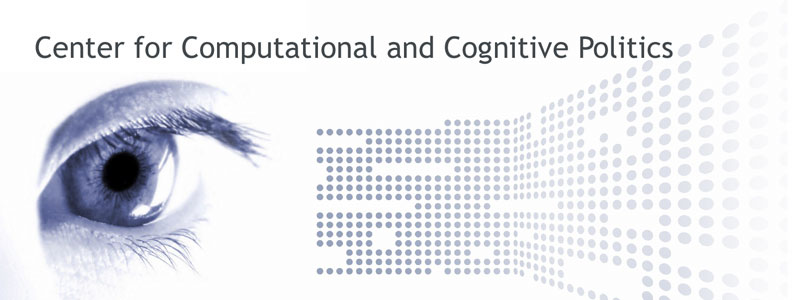Charles
Taber, PhD, Department of Political Science
Stony Brook University
Race and Political Cognition
December 11, 2006 |
| |
|
|
| |
some photos |
|
| |
|
| Abstract - Political scientists have long debated
the role of racism in political attitudes in the U.S., with
some scholars arguing that racism is no longer the potent force
it once was and others arguing that racism remains potent, but
now takes a more subtle form. This debate cannot be satisfactorily
addressed with explicit measures (i.e., those the respondent
is fully aware of) because of self-presentational and social
desirability biases or because citizens may not be fully aware
of their own racial attitudes. I use an experimental method
adapted from cognitive psychology to explore the implicit associations
(non-conscious, spontaneous) to race-related policies that people
carry in their minds. This method allows me to assess the degree
to which race affects attitudes on policies like affirmative
action, welfare, or crime, without the influence of social desirability
(people may not want to admit to their racial attitudes). The
research on race in politics offers several competing hypotheses
about whether race stereotypes or an ideological concern for
merit and hard work will become more accessible when people
think about race-related policies like affirmative action. While
racial thoughts may become accessible for some conservatives,
they ought to be no more accessible for conservatives than for
liberals. Our pilot study shows that race remains the most potent
implicit consideration for most subjects, even conservatives,
when primed with affirmative action. But when asked to think
consciously about affirmative action and other race-related
issues, most participants bring both racial and ideological
considerations to mind. This suggests an important implicit/explicit
divide in thinking on racial issues that is reminiscent of some
earlier studies of racial attitudes. |
| |
|
|
| |
|
|
|
| |
|


